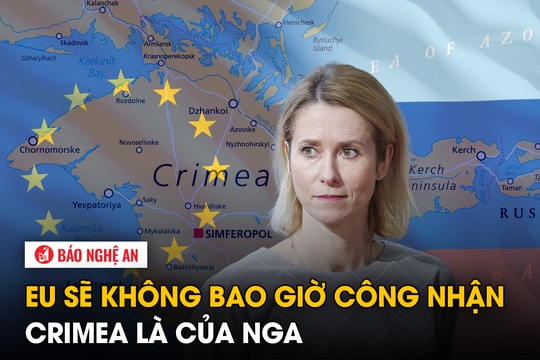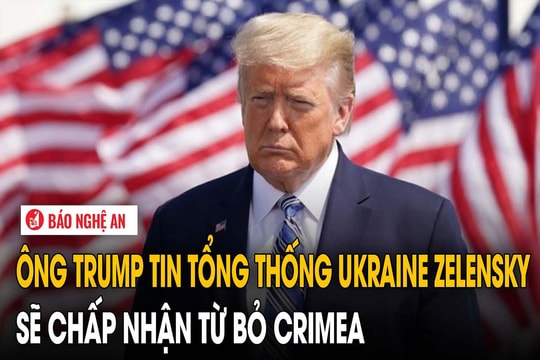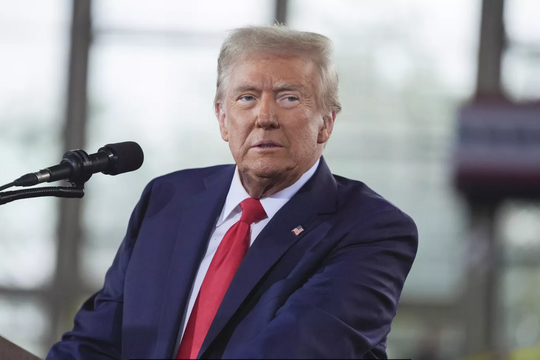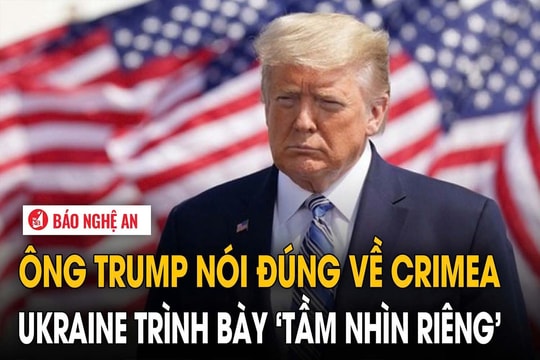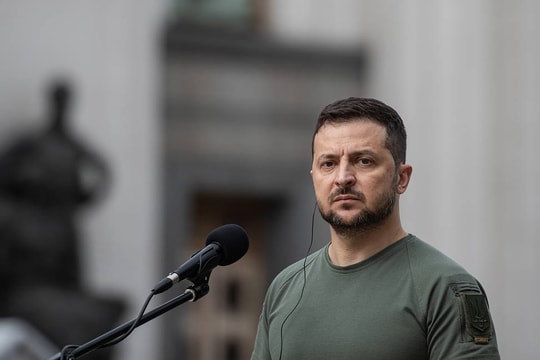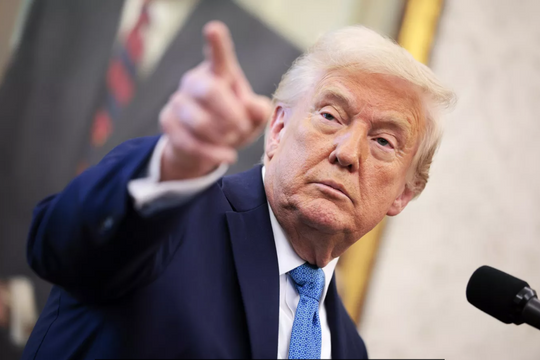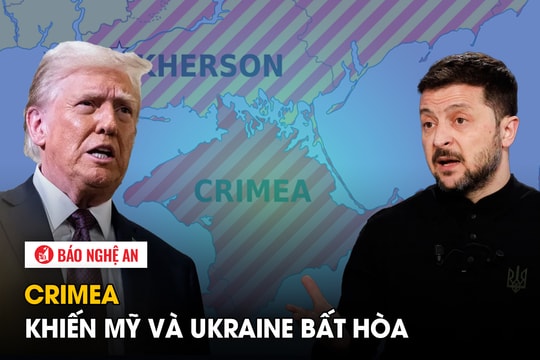Trump-Putin Summit: A View from Moscow
(Baonghean.vn) - Although no one in Moscow dreams of a miraculous turnaround in US-Russia relations after the upcoming summit, many people still hope that some modest progress can be made.
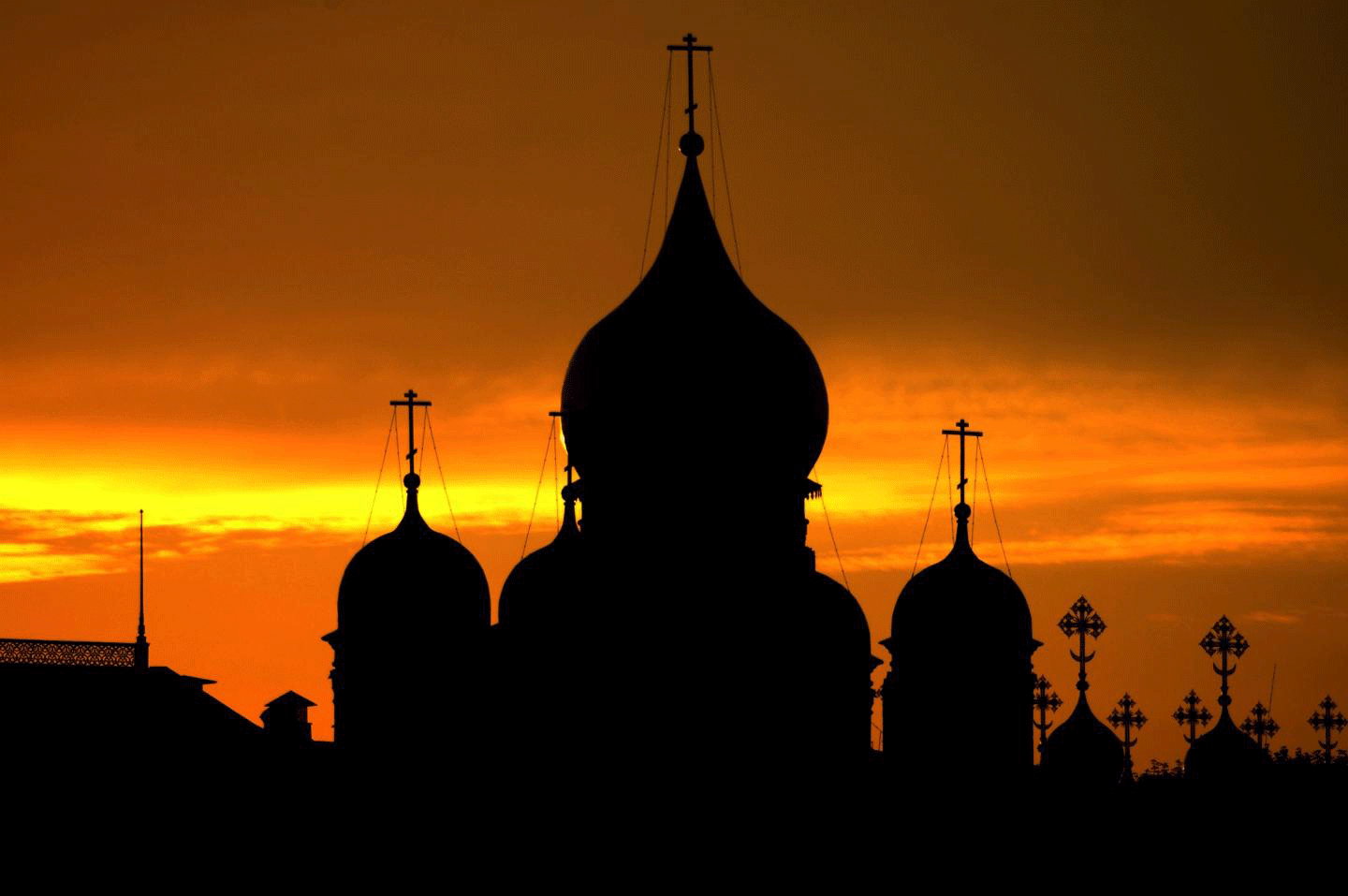 |
| Photo: Creative Commons |
On July 16, US President Donald Trump and Russian President Vladimir Putin will meet in Helsinki, Finland. There is a sense of cautious optimism about the summit among Russia’s foreign policy elite. While many acknowledge the current obstacles to improving relations between Washington and Moscow, many believe the two leaders can find a way to begin easing tensions. To get a clearer picture of Russia’s expectations, The National Interest spoke to several leading politicians and scholars in Moscow.
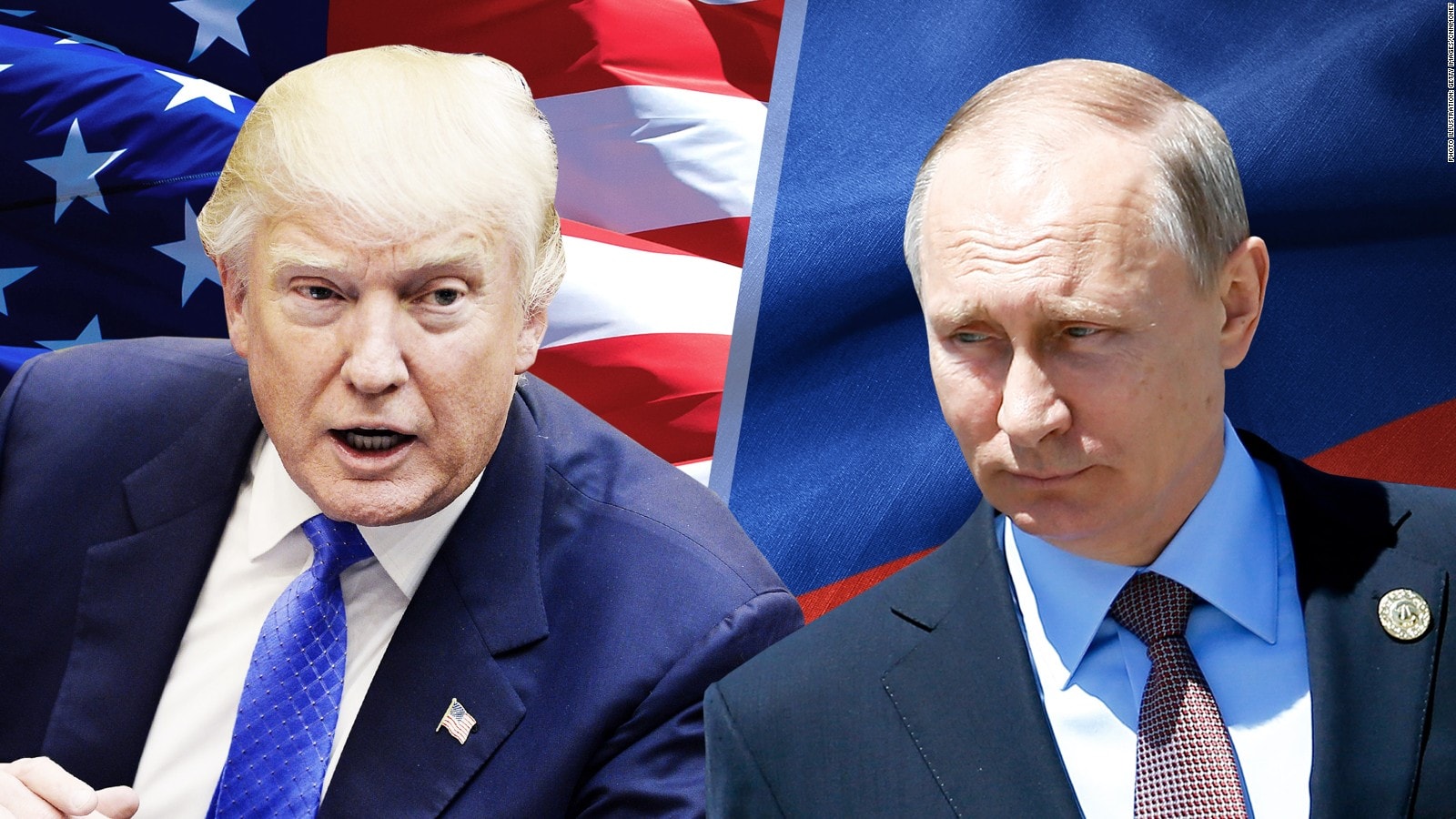 |
| The upcoming meeting between Trump and Putin will find a way to begin easing tensions. Photo: CNN |
In Russia, there is a broad consensus that US-Russian relations are heading into a dangerous downward spiral. Konstantin Zatulin, First Deputy Chairman of the State Duma Committee on the Commonwealth of Independent States (CIS) and Relations with Russian Communities and one of the nationalist leaders of Putin’s United Russia party, warned: “The current relationship between the US and Russia is at its lowest point since the Caribbean crisis.”

Zatulin’s concerns are echoed by some in the opposition. “The United States and Russia have come too close to each other in the Middle East,” explained Maksim Shevchenko, a prominent left-wing journalist who represented the Russian Communist Party in recent televised presidential debates and is running for governor of the Vladimir region near Moscow. He has a clear view of any potential Russian concessions to Washington. Asked about the Trump administration’s efforts to sway Russia to help reduce Iran’s influence in the Middle East, he replied: “This is impossible, this is a path to war.” The expert maintained that “without direct dialogue with Iran, no agreement is possible.” “I personally believe that Russia should not betray Iran. It is unacceptable to adopt a position on the Middle East that is only in favor of Israel,” he added.
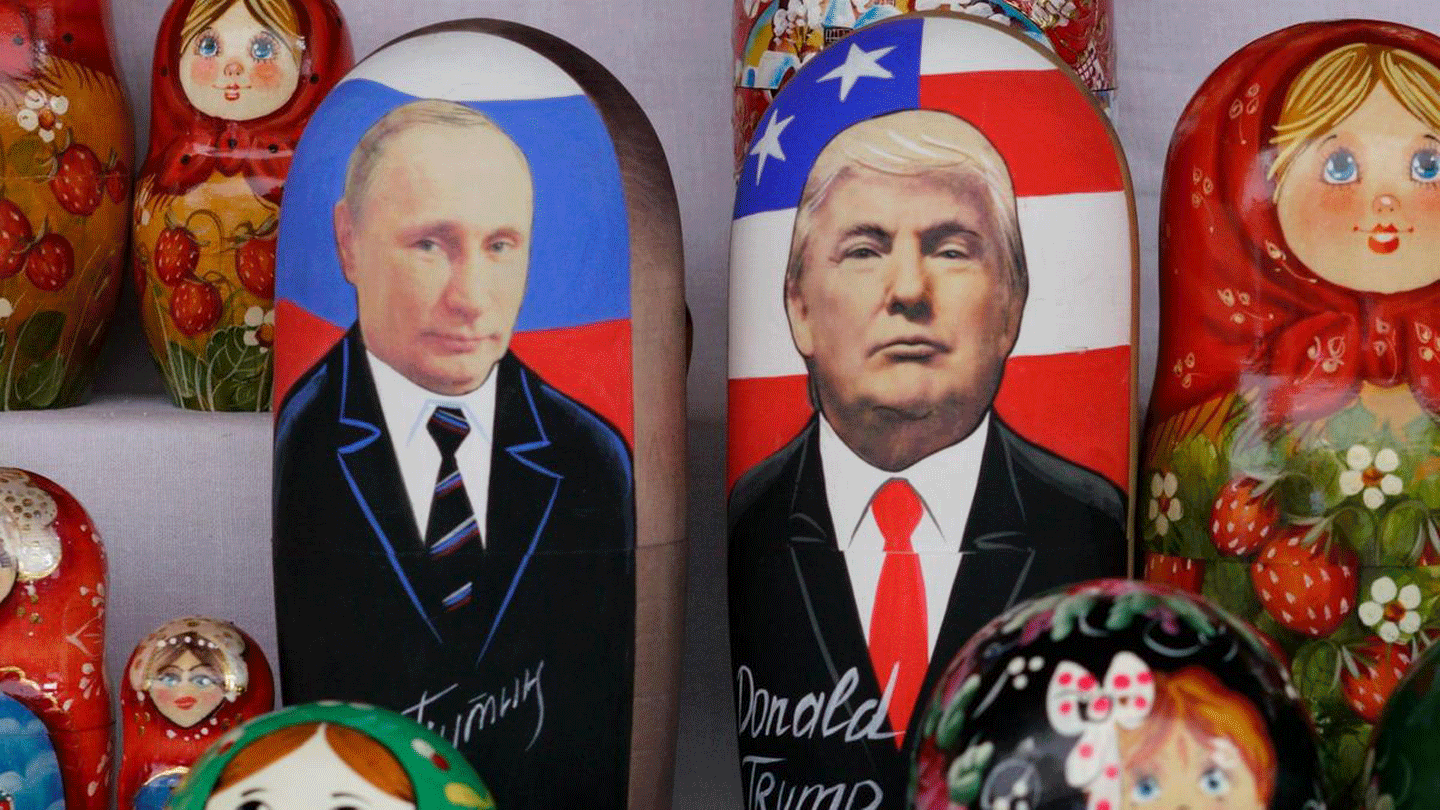 |
| Russian matryoshka dolls with images of Vladimir Putin and Donald Trump on sale in Moscow. Photo: AFP |
But ahead of the summit, there is some renewed optimism in Moscow about Donald Trump’s desire to reach a common understanding with Russia. Andranik Migranyan, a professor at the Moscow State Institute of International Relations and an informal adviser to the Russian president’s administration, argues that Trump may not have improved relations with the Kremlin in his first year in office because “he needed to show the American public and his political opponents that he could be tough on Russia and that he was not dependent on Russia at all.”

Having accomplished this goal, and bolstered by the recent success of the US economy, Trump now “feels more confident” about his ability to strike a deal with Putin. As for Moscow, Trump’s domestic constraints on engaging with Russia appear less severe than they were a year ago.
In addition, Russian foreign policy elites see John Bolton and Mike Pompeo as “upgrades” of their predecessors, despite their “notoriously” hard-line stances on Russia. Dmitry Suslov, deputy director of the Center for Comprehensive European and International Studies, met Bolton when he visited Moscow to help organize the summit between the two leaders. “Bolton is certainly still a neoconservative, but as Donald Trump’s national security adviser he represents the views of the US president, not his own agenda,” he said. Suslov views Pompeo in a similar way, predicting that the two politicians will work faithfully to implement Trump’s policy toward Russia, even if they do not personally support it.
In addition, Russian experts appreciate the stability that Bolton and Pompeo bring to Trump’s foreign policy team. “It is better to have a tough opponent than an unclear partner who keeps saying one thing after another,” Migranyan said.
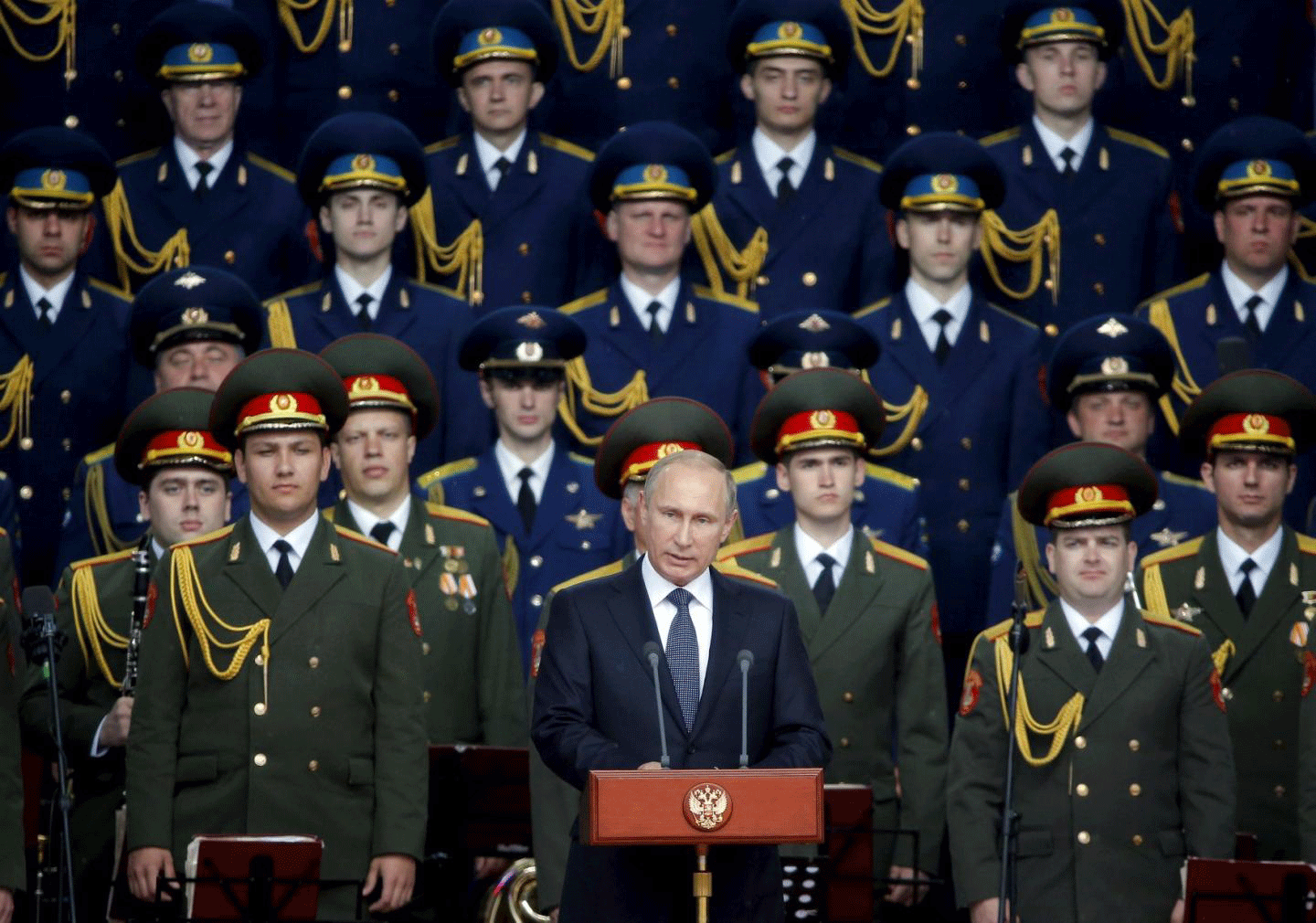 |
| Russian President Vladimir Putin. Photo: Reuters |
So what are Moscow's goals for the upcoming summit? According to Suslov, Russia has three main goals.The first,The Kremlin is seeking to create stronger lines of communication with its counterparts in the Trump administration and start a dialogue on security issues ranging from cybersecurity to nuclear weapons.Monday,They want Washington to ease pressure on third-party countries, such as India, to maintain economic and military ties with Russia.Final,The Kremlin believes it can reach a deal with Trump, who is less “keen” on Assad’s ouster than Obama, when it comes to Syria.
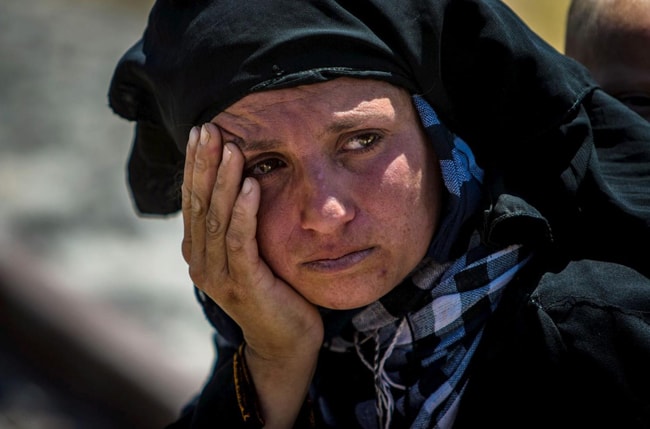 |
| Russia will help the US reduce Iran's military presence in Syria in exchange for US support for a peace process that allows Assad to remain in power. Photo: Reuters |
Russian analysts understand that no meaningful progress can be made in US-Russian relations until there is some level of closure to the discussion of Russian interference in the 2016 US election. “If Russia doesn’t do this, we won’t be able to do anything with the US,” Suslov said. He also pointed to possible solutions to the cybersecurity issue. First, an agreement to set limits on how the two countries manage cyber warfare. In addition, Russia could reduce the level of its cyber operations against the US in exchange for US concessions in other areas.
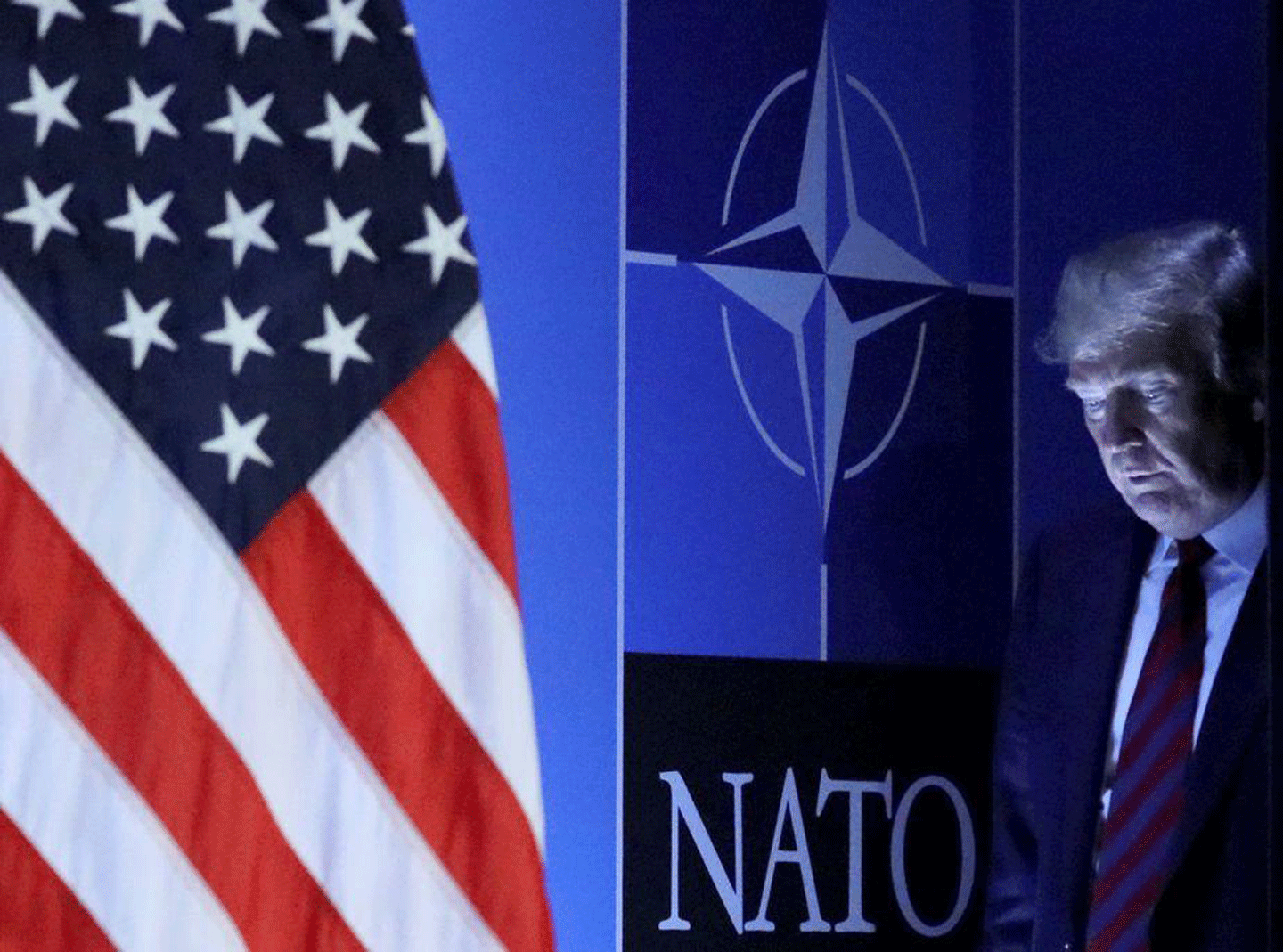 |
| US President Donald Trump attends a press conference after the NATO summit on July 12. Photo: Reuters |
But a full understanding between the two sides on cybersecurity is unlikely. Suslov asserted that Russia would only stop trying to influence domestic politics in the United States if the United States completely abandoned what the Kremlin sees as interference in its internal affairs. These include “financial support for Russian nongovernmental organizations (NGOs), providing political-theoretical support to the Russian opposition, and expressing any kind of opinion on the actions and protest movements that occasionally take place in Russia.” Suslov, of course, does not expect the Trump administration to accept such conditions.
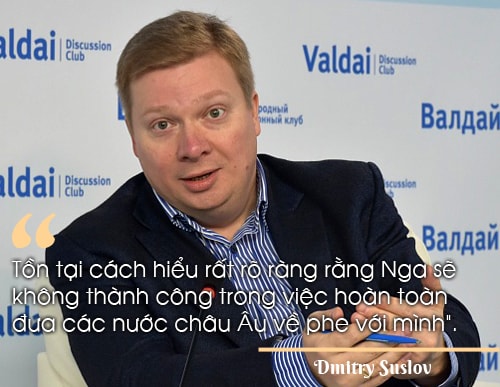
Another issue where the Kremlin might be willing to show some flexibility is Iran. Migranyan said Moscow could consider whether Tehran would be willing to renegotiate certain aspects of the Iran deal that Trump opposes. Suslov floated the idea that Russia could help the US reduce Iran’s military presence in Syria in exchange for US support for a peace process that would allow Assad to remain in power. At the same time, he noted that Russia would then be forced to increase cooperation with Iran in other areas to avoid completely alienating its Middle Eastern ally. Putin’s spokesman Dmitry Peskov dismissed the possibility of such a deal.
One area where Russian foreign policy leaders do not expect any progress is Ukraine. Moscow certainly has no plans to make concessions on Ukraine, especially the 2014 annexation of Crimea. “We will not give up Crimea,” Zatulin said. However, a change in the US stance on Crimea in the near term is unlikely. Suslov said Trump’s recent comments about the possibility of recognizing Crimea as Russian territory were a “hoax” aimed at pressuring European countries to increase defense spending ahead of the NATO summit.
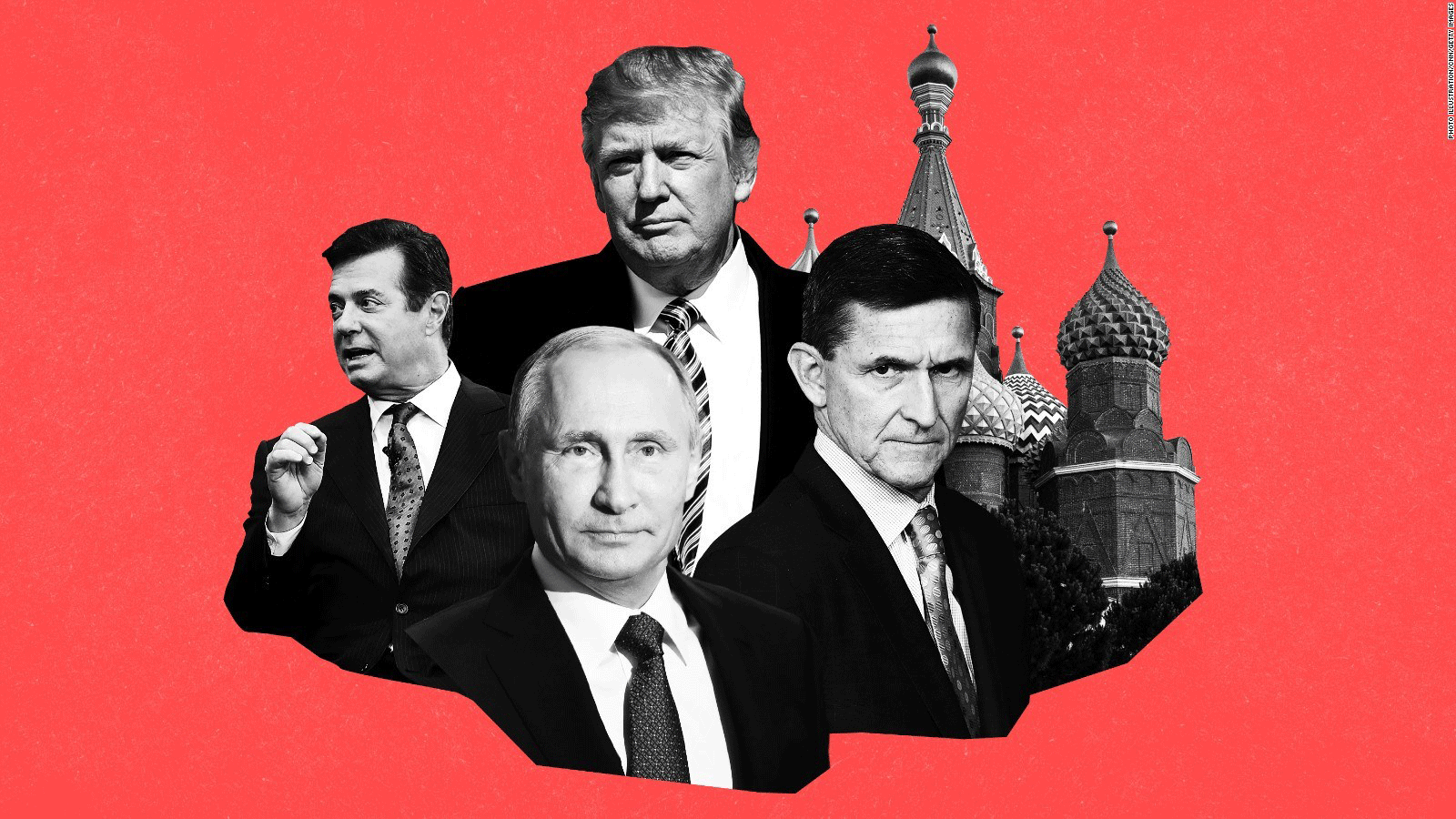 |
| There can be no meaningful progress in US-Russia relations until there is some level of closure on the issue of Russian interference in the 2016 US election. Photo: CNN |
Like their American counterparts, Russian analysts are watching the growing tensions between the United States and its European allies with great interest. Suslov sees the current situation as an opportunity for Russia to move closer to European countries at the expense of the United States. But, he is quick to stress, “there is a clear understanding that Russia will not succeed in bringing the European countries completely to its side.” While Russians are enthusiastic about Trump, his unpredictable nature means that while they hope for better relations with Washington, they are also concerned about the direction the administration will ultimately take.

